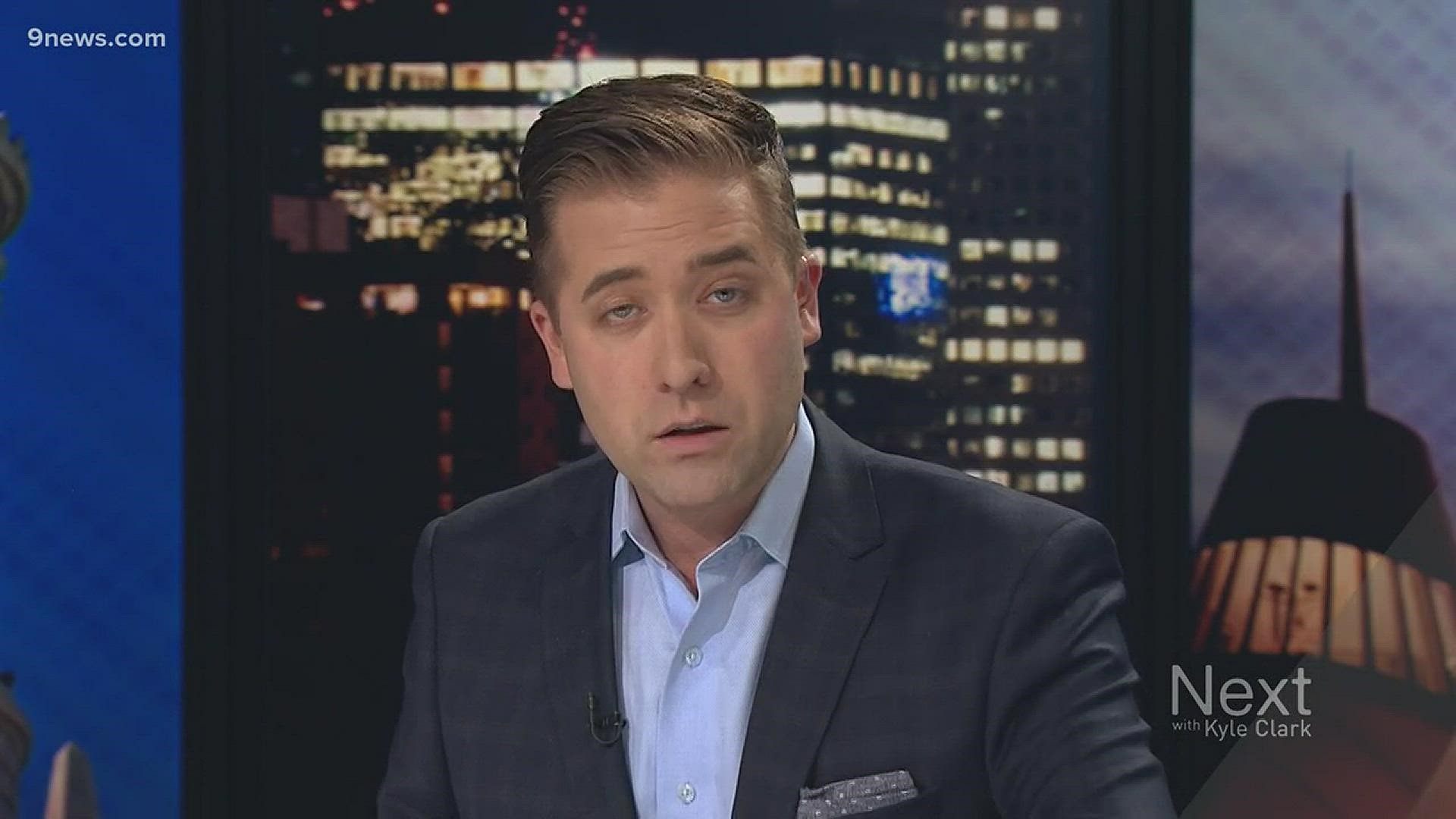DENVER — Doctors wrote nearly twice as many prescriptions for drugs to end a terminally-ill patients' life in 2018 as they did in 2017, according to a new report on the state's medical aid in dying law.
According to the report from the Colorado Department of Public Health and Environment, doctors wrote 125 prescriptions for life-ending drugs in 2018, up from the 72 reported in 2017.
State law requires physicians to report when they write a prescription for the fatal drugs. It also requires pharmacists to report when they fill a prescription.
The law does not require specific reporting on whether or not a patient decides to take the medication.
Pharmacists wrote 86 prescriptions in 2018, up from 56 in 2017.
According to the report, 104 people who had been prescribed the drug died in 2018. The law requires that death certificates list "terminal illness" as the cause of death, so it can't be determined how many of those patients chose to take the drugs.
Critics of the law said they worry about the reporting requirements not gathering enough data.
For instance, the reporting doesn't detail experiences with the drugs.
One of the first patients to publicly share her experience with the drug was Kathy Myers.
Doctors said Myers had about 6 months left in her battle against COPD in January 2017, just months after voters approved the law.
Myers had a difficult time finding a doctor willing to prescribe the medication until her story got traction in the media.
Myers and her husband, Herb Myers, eventually found a doctor willing to prescribe the medication. She got the prescription filled and opted to take the drug.
Herb Myers describes the moments after as peaceful. He said her grip slowly loosened on his hand and she died peacefully.
Others have reported longer, more painful experiences with the drugs.
Immediately after the law passed, many doctors reported concerns about potential litigation, even though the law protected them from liability.
SUGGESTED VIDEOS | Next with Kyle Clark

